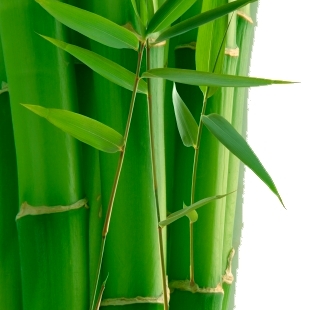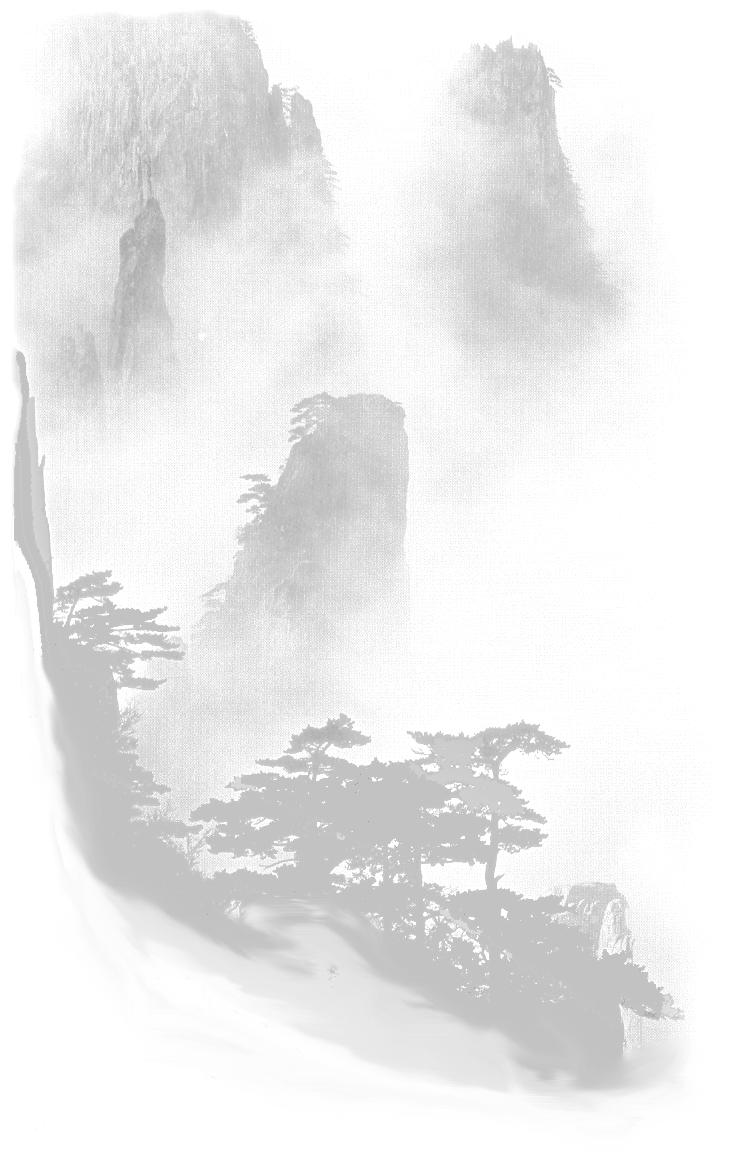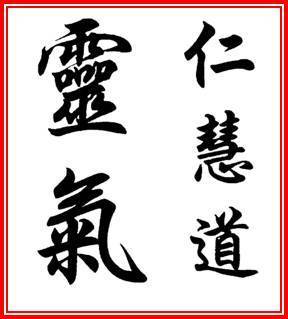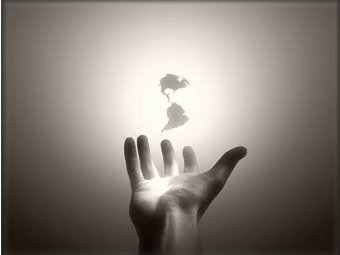Huna – A Way of Life
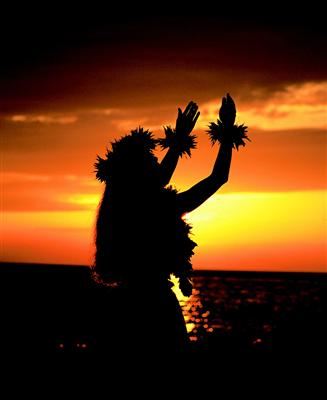
Huna, also known in ancient times as Ho’omana, is the ancient Hawaiian Spiritual Tradition, which is incredibly old. Legend traces Huna back to Lemuria or Mu. Huna is ‘religious’ only in the sense that it guides us to attain spiritual perfection.
It is not, however, a religion. It is possible to maintain your religious affiliation and practices, and to be a practitioner of Huna, which is a very broad and inclusive, Universal Way.
Huna is scientific as well since it deals directly with the physical world, in the here and now, and the processes and techniques produce predictable, repeatable and transferable results with people and the environment. These results have been, at times, labeled as magic or
occult and yet the unseen forces that produce these effects are very real.
Huna is also a way of life, a philosophy, a way of the heart, with a strong and yet simple code of ethics. It is the Way of the Heart and encourages the balance between the physical, mental, emotional and spiritual aspects of “being”.
Huna is all embracing and sees no conflict with other traditions. There is no one “right” Huna, and the customs and details of Huna vary from practitioner to practitioner, from Island to Island.
There are three Orders of Huna:
The Order of Lono: focused on both the material and spiritual aspect of farming, fishing, navigation and shipbuilding as well as wood carving and herbal healing.
The Order of Ku: focused on the arts of physical therapy, ceremonial religious practices as well as political interests and war.
The Order of Kane: were, and are, specialists in magic, mysticism, and psychology and were the healer/shamans. While each order had many specialists and each had healers, the art and science of healing through spirit was the primary focus of The Order of Kane, which was orginally known as “Kanewahine” (manwoman). This shows the recognition of the polarities, similar to Yin Yang concepts in Tao.
It is also interesting to note that Ku, Lono and Kane also are archetypical representations of Body, Mind and Spirit.
There are seven basic principles in Huna:
Ike: The world is what you think it is. What you believe the world to be is what you will experience.
Kala: There are no limits. The Universe is infinite.
Makia: Energy flows where your attention goes. What you resist, persists. The energy of resisting actually gives energy to the very thing you resist.
Manawa: Now is the moment of power. Now is where life happens.
Aloha: To love is to be happy with. Aloha is the word for love. The root ‘alo’ means “to be with, to share and experience, here and now”.
The root ‘oha’ means “affection, joy”. The root ‘alo’ also means “to be in the presence of”. The root ‘ha’ means “breath, spirit, life force”.
Mana: All power comes from within your own mind, body and spirit.
Pono: Effectiveness is the measure of truth. And to explain this one, it does not mean that the ends justify the means. In fact, when fully considered, it means that violent means produce violent results and peaceful means will produce peaceful results.
Huna is also about balance and harmony, of Mind, Body, Heart and Spirit. The physical is, in no way, less than Spirit, it is the physical or material expression of Spirit. Another way to look at this is: the material universe is love made visible and tangible.
~Adapted from Serge Kahili King
Huna - A Way of Life,

